

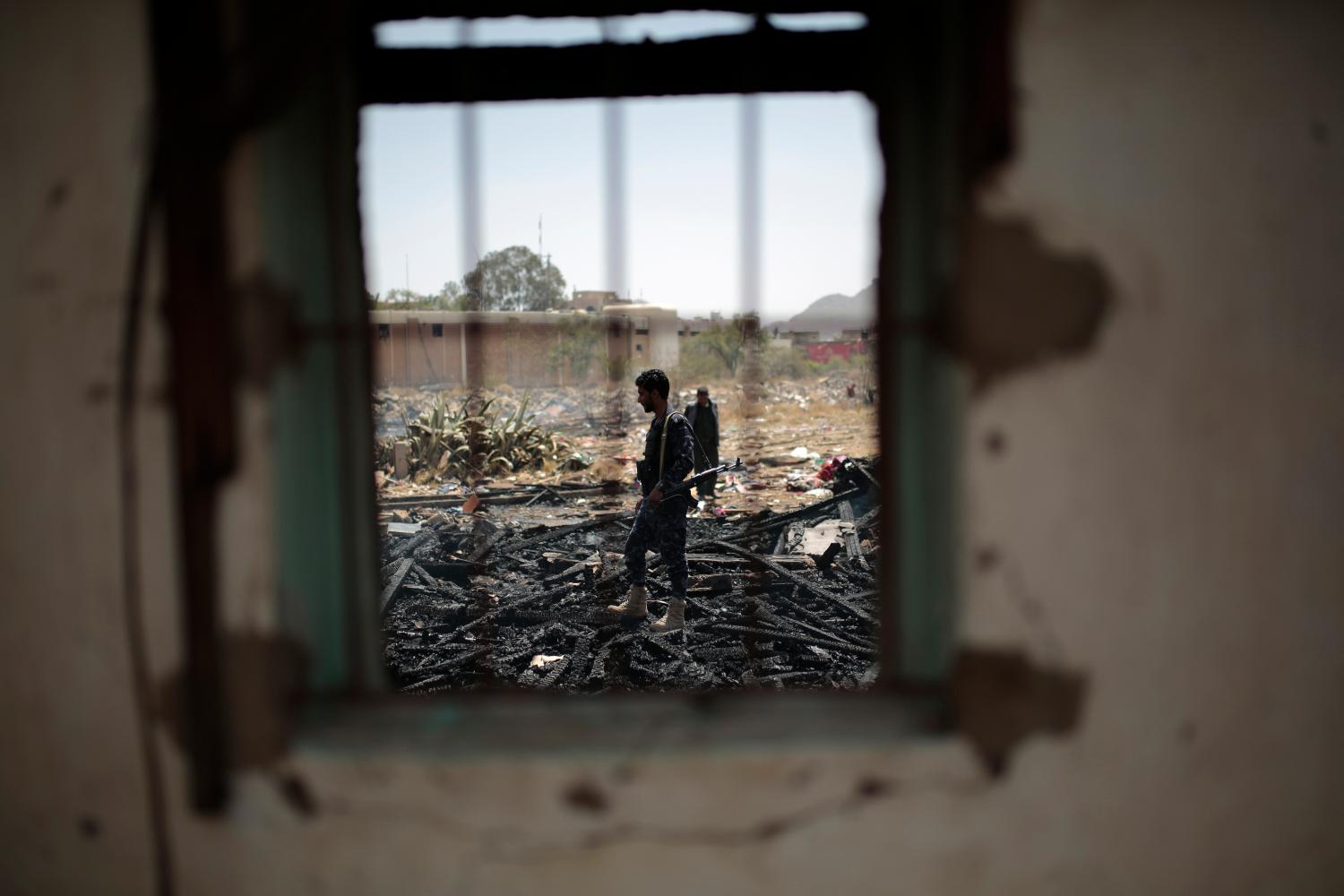
At the beginning of 2023, the attention of the United States remains intensely focused on the war in Ukraine and great power competition in the Asia-Pacific Region. In its fall 2022 National Security Strategy, the Biden administration pulled back from large-scale U.S. military deployments to stabilize countries struggling with militancy.
However, more than 20 years after 9/11, nonstate armed actors remain potent: Two arcs of militant instability run through East and West Africa, and militancy remains unresolved in other parts of the continent. Terrorist activity in Afghanistan and Pakistan has increased and shows no signs of weakening in 2023. In the Middle East, nonstate actors have been regrouping, adapting, and in some cases strengthening — but they certainly have not gone away. The Bolsonaristas’ January 8 insurrection against Brazilian President Luiz Inácio Lula da Silva should drive home the reality that while perhaps disorganized and less violent, militant far-right movements are far from dismantled. Many countries in Latin America remain plagued by highly violent organized crime that can turn regions into warzones controlled by criminals. The two dominant Mexican cartels, the Sinaloa Cartel and Cartel Jalisco Nueva Generación, have exported their bipolar war across Latin America and are daringly expanding their operations around the world.
There is little prospect that existing policy approaches will generate significant improvements and breakthroughs in many of these countries this year. With the easing of Beijing’s COVID-19 restrictions and China’s reopening, including for travel, the odds are substantial that wildlife trafficking and illegal logging will intensify and challenge law enforcement, despite positive developments, such as Lula’s commitment to halting Brazil’s deforestation.
This yearly series, part of Brookings’s Initiative on Nonstate Armed Actors, provides a comprehensive “briefing book” on some of the key issues, trends, and priority areas. It offers a policy toolbox that Washington and other national governments should consider as they respond to conflicts, nonstate armed actors, and illicit economies in the United States and around the world.

Vanda Felbab-Brown
January 27, 2023
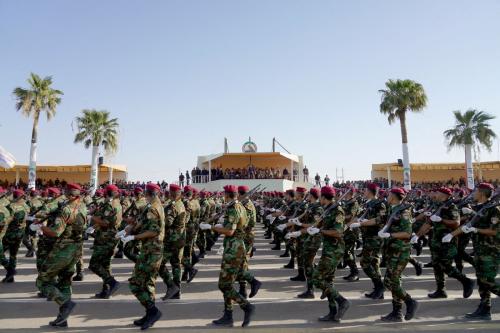
Ranj Alaaldin
March 1, 2023
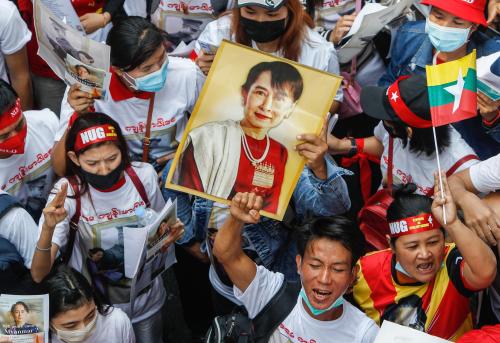
Yun Sun
February 13, 2023
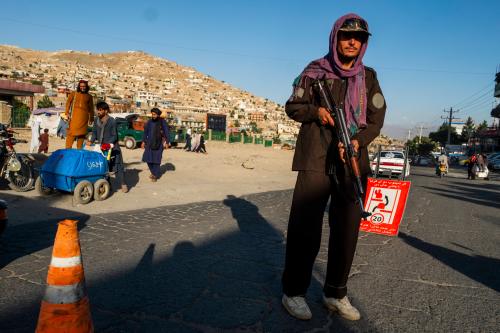
Vanda Felbab-Brown
February 3, 2023
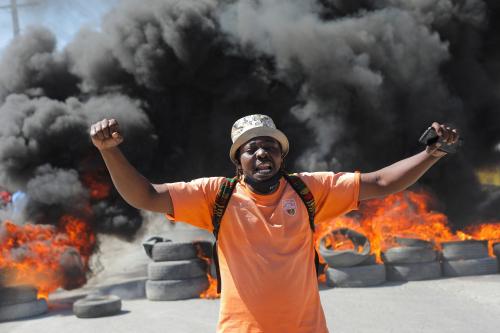
Vanda Felbab-Brown
February 3, 2023
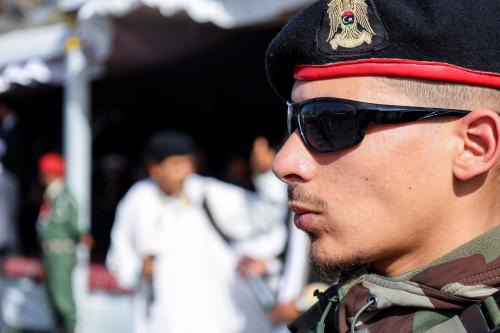
Stephanie T. Williams
January 27, 2023
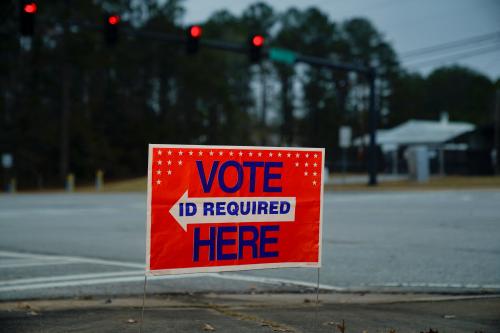
Daniel L. Byman
January 27, 2023
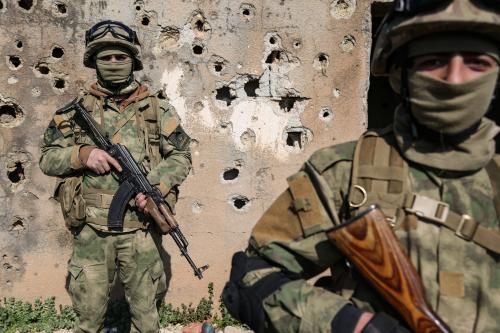
Steven Heydemann
January 27, 2023
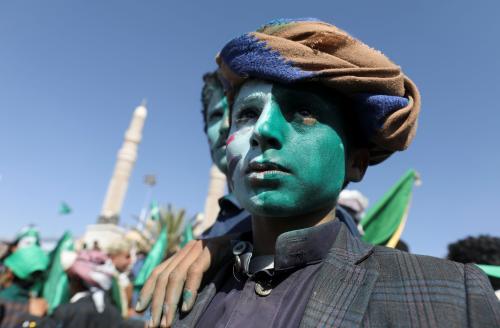
Bruce Riedel
January 27, 2023
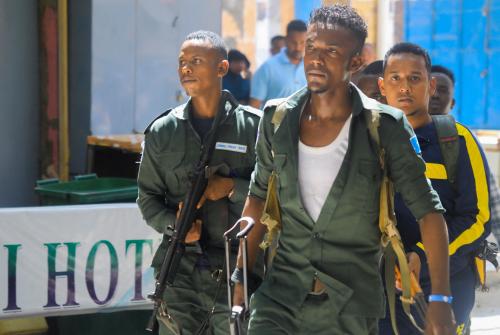
Vanda Felbab-Brown
January 27, 2023
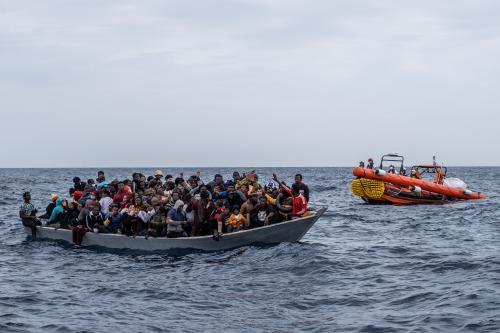
Reva Dhingra
February 15, 2023

Brad McNally
February 3, 2023